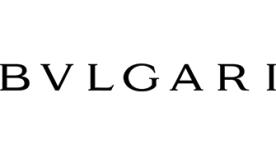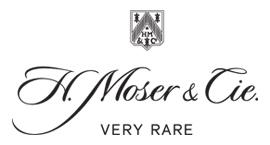Edouard Meylan, CEO of H. Moser & Cie. was the first watch industry boss to react to the decision by the Swiss National Bank to drop its efforts to maintain the Swiss franc at 1.20 per euro. When the surprise announcement was made on 15th January, just days before the opening of the SIHH, Mr. Meylan was driving back to Zurich after a board meeting in the Swiss alps. “As soon as I heard the news on the radio, I exited the motorway in Interlaken to draft the open letter ” he told WorldTempus last week. The letter was translated and sent out later the same evening.
By the time the SIHH came round, the “very rare” name of H. Moser & Cie. had become a little less rare, as the letter was published in newspapers around the world and Mr. Meylan found himself appearing on TV and even fielding calls from local radio stations in Australia. In these difficult times, the publicity was a boon for the company and paid off in the form of greater interest in the brand during one of the most important weeks of the year for selling watches.
“We try to be smarter than the others,” Mr. Meylan said, explaining that he fully understood the bank’s decision but was irked by the lack of prior warning and the poor timing of the announcement.

The impact for the customer
As far as the timepieces produced by H. Moser & Cie. are concerned, customers are likely to face modest increases in euro prices and a slightly higher reduction in the corresponding Swiss franc prices. So they will have to absorb at least some of the impact of the Swiss franc’s strength, while the brand takes on the rest. Any retailers who are overdue with payments to Swiss brands will also suffer from their tardiness.
At the high-volume luxury level, Jean-Christophe Babin, CEO of Bulgari, was also trying to be smarter than the others. In the middle of the SIHH last week he announced the “Bulgari Protect” campaign to assist the brand’s Swiss retailers in light of their currency’s appreciation, pegging the prices of the brand’s timepieces in Switzerland to the Swiss franc/euro exchange rate of the previous week.
The move is designed to allow Swiss retailers to keep a competitive edge over retailers in the now-cheaper neighbouring euro countries in view of the forthcoming influx of Chinese tourists ahead of the Chinese New Year. It is also designed to discourage Swiss residents from shopping in neighbouring euro countries as well. The Bulgari Protect campaign, which effectively amounts to a 20% discount on Bulgari timepieces in Switzerland (the brand’s jewellery is produced in Italy and is therefore unaffected by the euro exchange rate) will impact on the brand’s margin but has been approved by the management of LVMH, Bulgari’s owner. Other brands in the group have yet to react, as have the other major watchmaking groups, at least not publicly.
“For the moment the situation is too volatile to make rash judgements,” Mr Babin told WorldTempus by phone from Paris last week. “Price is in any case a double-edged sword. Yes, there is the margin for us to consider, but there is also the problem of the price being too high and putting off customers completely.”
Aside from these two brands making public relations, if not financial, capital out of the Swiss National Bank’s decision, one independent retailer also delivered his reaction during the SIHH. Given the uncertainty of how prices will evolve in the coming months, the message from Laurent Picciotto, owner of Parisian retailer Chronopassion, was clear: “Buying a timepiece right now will inevitably be a much better deal than doing so tomorrow, the day after, or the day after that.”







